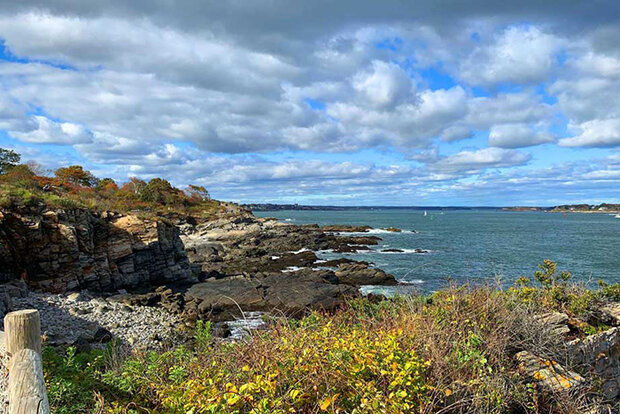A predicted pause in the rapid warming of the Northwest Atlantic Shelf in the coming decade

Coastal Main is one of the regions that has experienced warming. Credit: NOAA

Coastal Main is one of the regions that has experienced warming. Credit: NOAA
The Northwest Atlantic Shelf, from the coasts of North Carolina and Virginia to the Gulf of Maine to Newfoundland, has warmed more rapidly than almost any other part of the ocean in the last two decades. This warming has had severe impacts on marine ecosystems and coastal communities. Understanding the drivers of this warming and predicting whether it will continue is thus important for mitigating or adapting to future impacts.
Global climate models have struggled to accurately predict this warming due to limited resolution. Past regional modeling efforts focused on multi-decadal projections, which are unable to provide information about the next decade because they neglect predictive skill associated with internal variability. These gaps were addressed with the first-ever high resolution ensemble of dynamically downscaled decadal predictions. The downscaled regional simulations accurately predicted past oceanic variability at scales relevant to marine resource management, with skill typically exceeding global coarse-resolution predictions.
The authors forecast a temporary warming pause in the next decade, although warming is projected to continue over the long term. The predicted short-term pause is attributed to internal variability associated with a transient, moderate strengthening of the Atlantic Meridional Overturning Circulation and a southward shift of the Gulf Stream.